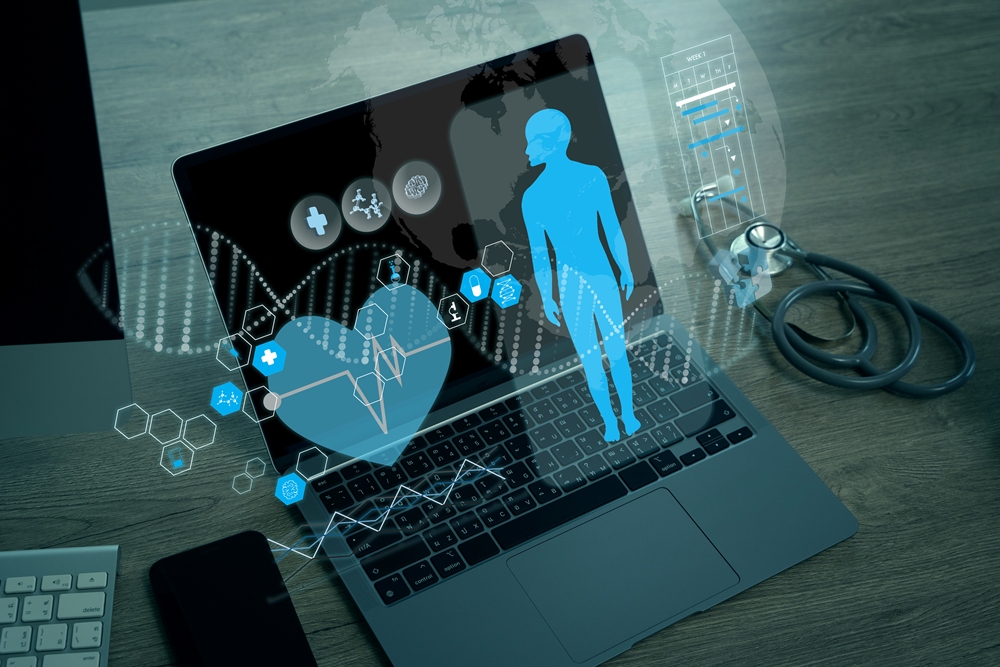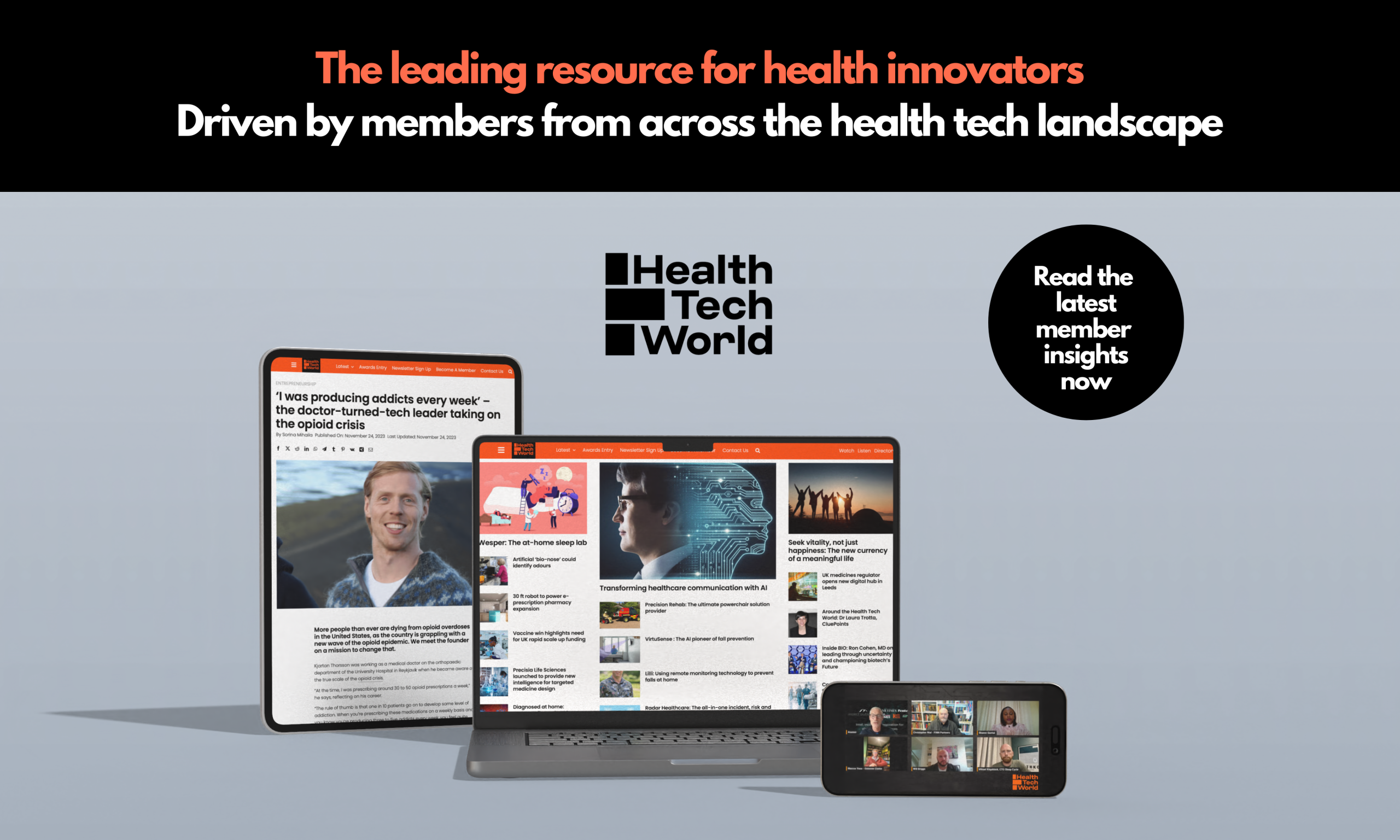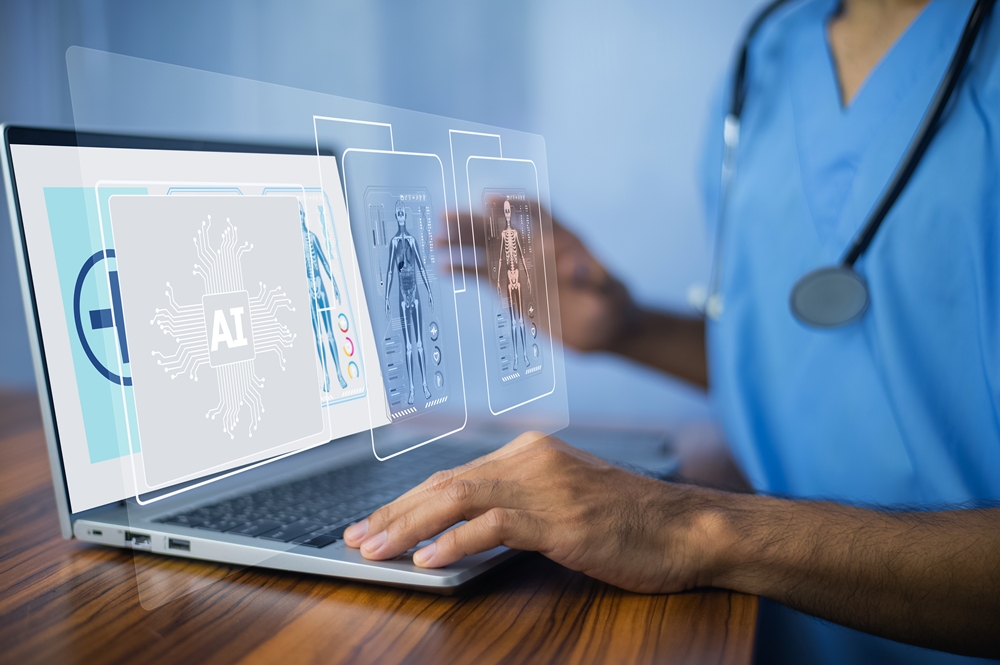WHO upgrades public health intelligence system

The World Health Organization has launched version 2.0 of its Epidemic Intelligence from Open Sources (EIOS) system, incorporating artificial intelligence to enhance early detection of public health threats.
The upgraded EIOS system, used by more than 110 member states and around 30 organisations and networks globally, analyses large volumes of publicly available data in near real time to help health authorities identify potential risks. The rebuilt platform can now handle more sources, support additional users and allow faster feature development.
The new version was launched at the WHO Hub for Pandemic and Epidemic Intelligence in Berlin, alongside long-standing partners including the German government and the European Commission, as well as the Joint Research Centre and the Health Emergency Preparedness and Response Authority.
New features include AI-powered tools for automated analysis and signal detection, the ability to process more sources such as radio broadcasts with automatic transcription and translation, and a multilingual interface with enhanced dashboard views. The upgrade also improves collaboration between countries and organisations monitoring health events.
“Today, we are not just celebrating the launch of a new version of a system, we are entering a new phase in how the world collaborates, innovates and responds to health threats,” said Dr Chikwe Ihekweazu, executive director of the WHO Health Emergencies Programme. “EIOS system version 2.0 is our bridge to the future: more open, more agile and more inclusive.”
First developed in 2017, EIOS is described by WHO as the world’s leading open-source intelligence initiative for public health decision-making. It complements information from laboratories and hospitals with data from websites, social media and other public channels.
Recent health emergencies such as COVID-19, mpox and avian influenza have shown the importance of detecting outbreaks early to prevent local events from becoming global crises. The latest upgrade is designed to help experts identify emerging threats linked to conflict, climate change or new and re-emerging pathogens more quickly.
WHO offers the EIOS system as a public good, free to member states and eligible organisations, providing training and community support. Ministries of health and public health agencies use it to identify important health events, which national authorities can then verify and assess.
Nina Warken, Germany’s federal minister of health, said: “Better data – better analytics – better decisions. We are excited to launch EIOS 2.0 at the WHO Hub Berlin. This will mark a milestone in accelerating the detection, analysis and response to health threats. Since reliable data and transparent political decision processes are key to building public trust in emergencies, we are pleased to strengthen the EIOS initiative and the capacities of the WHO Hub in Berlin.”
Hadja Lahbib, European commissioner for preparedness, crisis management and equality, said: “In today’s health-security landscape, collaboration is key for effective preparedness and response. Detecting public-health threats early is essential to prevent new and emerging diseases from becoming endemic or escalating into a pandemic. The EU is proud to work closely with WHO to strengthen its public-health intelligence system, improve resilience and enhance readiness. Together, we are building a safer, more connected and better-prepared global health community.”
To support the rollout, WHO has made available updated guides, multilingual webinars and help clinics, along with an online training course developed with the WHO Academy.







